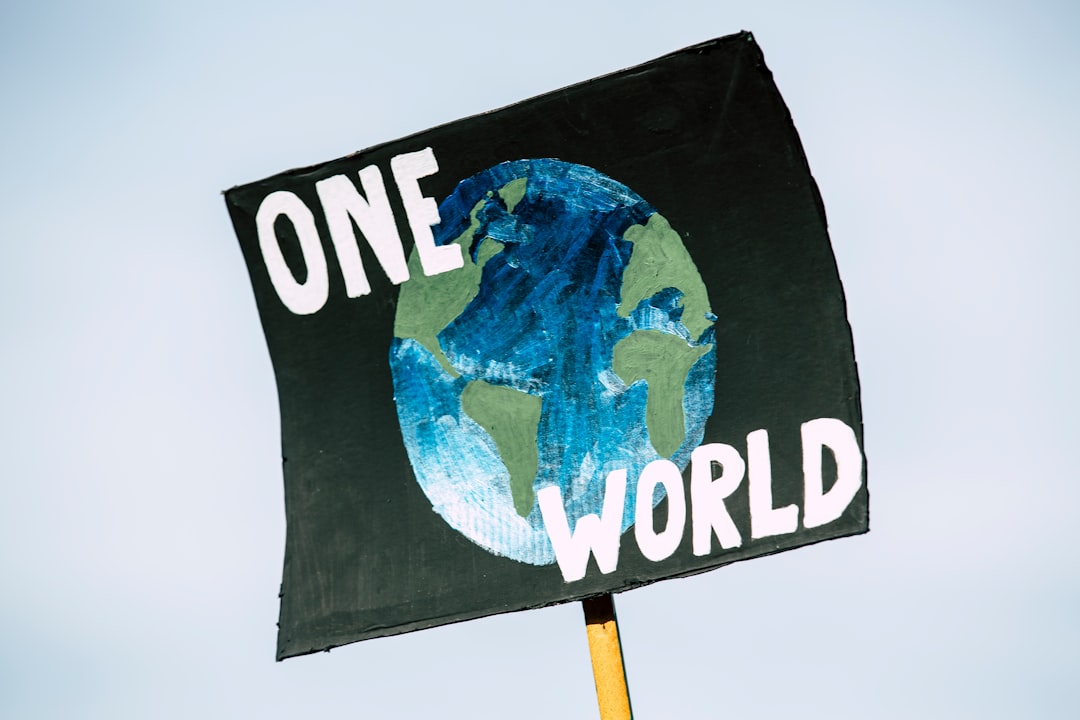The World’s Selective Outrage: Examining the Double Standards of Global Action in the Middle East
Are Middle Eastern Lives Valued Equally—Or Is the Global Community Still Playing Favorites?
When the world invokes the rhetoric of “ending violence” in the Middle East, it exposes a deep, uncomfortable truth: not all outrage is created equal. Whose suffering makes headlines, which killings inspire summits, and which side earns unconditional solidarity is determined less by universal principle and more by diplomatic convenience, national interest, and centuries-old political alignments.
The Ethical Dilemma at the Heart of Global Diplomacy
International outcry often appears loudest when it suits global powers. History is riddled with selective intervention and shifting alliances, where the “right” to resist or the “right” to defend is defined through the lens of the beholder’s interests.
| Argument/Perspective | Core Claims | Major Criticisms |
|---|---|---|
| Universal Human Rights | All civilian lives must be equally protected regardless of side. | IGNORED: Too often overlooked in practice. |
| National Self-Defense | Nations have the right to security and responses to threats. | Weaponized to justify excessive, often illegal force. |
| Resistance Against Occupation | Occupied populations are justified in resistance efforts. | Criticized for supporting violence or terrorism. |
While policymakers tout “rules-based orders,” the rules shift when oil, arms deals, or key alliances are involved.
The Context: Why "Israeli Aggression" vs. "Palestinian Terror" Language Sparks World Debate
Words matter. “Aggression,” “terrorism,” and “defense” are not merely descriptive—they frame how the world judges right and wrong. Since the 1948 creation of Israel and the ensuing displacement of hundreds of thousands of Palestinians, competing narratives have defined the region’s tragic cycles.
Historical Backdrop
- Colonial Legacies: Britain’s post-WWI mandates and France’s borders sowed deep ethnic divisions.
- The Nakba: 1948’s Palestinian exodus left trauma, fractured societies, and seeding resentment for generations.
- Occupation and Blockade: For nearly six decades, Israel’s occupation and periodic wars have devastated Gaza and the West Bank.
Technologies of War: Precision or Oppression?
Modern warfare tools—drones, AI-driven missile guidance, and surveillance—are touted for their “precision.” Yet, overwhelming civilian casualties persist, especially in densely populated areas. Israel’s Iron Dome saves lives from rockets, but no equivalent protects Gaza’s children.
| Technology | Claimed Benefit | Reality on Ground |
|---|---|---|
| Iron Dome (Israel) | Protects civilians from rockets | Unequal protection; no equivalent in Gaza |
| Drones (Both sides) | Target specific threats | Increasing collateral damage |
| Social Media | Amplifies unheard voices | Also spreads misinformation, propaganda |
The Hypocrisy of “Global Push”: Who Gets to Lead, and Who Is Silenced?
Calls for a “global push” to end violence are easy to issue and harder to enact. Western leaders routinely demand ceasefires in some crises and veto them in others. Countries like Malaysia, far from the front lines but deeply engaged in Muslim solidarity, often voice what others are afraid to: that Western sensitivity to Israeli deaths is not matched by empathy for Palestinian suffering.
Surprising Fact:
Public polling in many Western democracies shows growing anger at politicians’ double standards. A 2023 survey in the UK found that over 60% of respondents felt their leaders showed more concern for Israeli than Palestinian civilian lives.
Broader Phenomena: What the Middle East Says About a Broken World Order
The unfinished business of colonialism, the racialization of suffering, and the transactional nature of international solidarity are not just Middle Eastern issues—they’re global pandemics. Ukraine’s invasion drew swift, near-universal condemnation and action; yet, decades of Palestinian occupation remain a “complicated issue.”
| Event/Region | Speed/Strength of Global Response | Key Differences |
|---|---|---|
| Ukraine (2022-24) | Swift, massive sanctions, aid, arms | White, European-identifying |
| Syria (2011-2021) | Tepid, inconsistent, mostly rhetorical | Viewed as intractable “chaos” |
| Palestine-Israel | Rhetoric strong, actions slow and divided | Influenced by alliances, lobbies |
Final Thoughts: Is the Call for Peace Sincere, or Just Theater?
Until the world stops picking winners and losers based on passports, race, or strategic alliances, its pleas for peace will ring hollow. The Middle East is not just a battlefield; it’s a mirror, reflecting the brutal hypocrisies at the heart of the so-called “international community.”
This article was inspired by the headline:
'Malaysia PM Anwar urges global push to end Israeli aggression, violence in Middle East'

Comments
No comments yet. Be the first to comment!